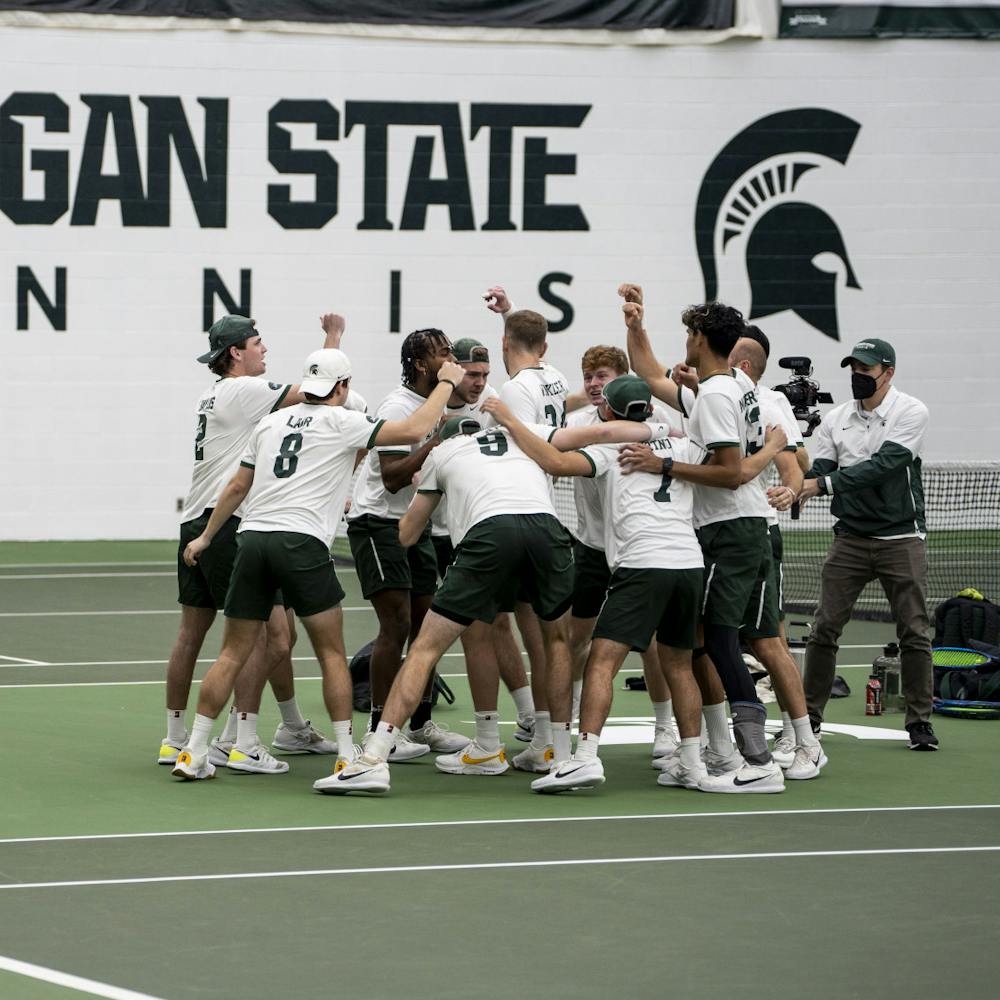Although the new Whole Foods grocery store is not scheduled to arrive in East Lansing until 2015, students interested in organic food still have opportunities to grow, eat and buy a variety of fruits and vegetables close to home.
Some on-campus students already are enjoying locally grown produce in their dining halls, such as students at Brody Complex, who can eat dishes flavored with herbs grown at the Bailey GREENhouse and Urban Farm.
“We take fresh herbs to Brody Dining Hall and the Kellogg State Room on a biweekly basis,” GREENhouse and Urban Farm Manager Charles Defever said. “We do research, produce for the dining halls and educate student volunteers.”
Volunteers often are found through the Residential Initiative on the Study of the Environment program, or RISE. RISE students come from a variety of majors, but earn an environmental studies specialization.
The program creates a living and learning community, horticulture senior John Dindia said.
“The RISE class lives on the second floor of Bailey Hall,” Dindia said. “Volunteers work in the greenhouse weeding and planting, and more experienced students sometimes help with the morning harvest.”
Produce — including cilantro, thyme, rosemary, kale, lettuce, tomatoes and peppers — is grown in the year-old greenhouse and newly expanded outdoor gardens.
“We also have a green roof, where we grow vegetables on a rooftop garden,” Defever said, referring to garden beds planted on the roof of Bailey Hall. “It’s kind of an experiment. We’re figuring out what grows best in that environment.”
The MSU Student Organic Farm sells produce to Landon, Brody and Snyder-Phillips Halls, as well as the Eat at State food truck and the MSU Farm Stand, Farm Manager Jeremy Moghtader said.
The on-campus farm stand runs every Thursday from 11:00 a.m. to 5:30 p.m. for seven months of the year, from April through the end of October.
“Students can also sign up for a Community Supported Agriculture membership with us, where they can get a share of our produce every week,” Moghtader said. “We’ve had undergraduate and graduate students as members, and university cooperatives as well.”
Memberships run year-round and allow students to get access to unprocessed produce, Moghtader said.
Student foodies with business interests also can check out the East Lansing Food Cooperative.
The co-op works with 15-20 locals farms, General Manager David Finet said.
“Most of our produce is organic,” Finet said. “A couple of farms who supply us aren’t certified, but we’ve visited those farms, (and have been) working with them for years. We know how they grow things.”
Students also can buy a share in the cooperative at the register, where they are billed $7.50 every three months for two years. No one can buy or own more than one share, ensuring that the business will remain community-owned, Finet said, even when bigger chains like Whole Foods come to town.
“We’ve had a good student response. There’s mix of new faces every fall,” Finet said. “Some people come here for four years and move on, others have been with us from day one. New shoppers and owners are always welcome.”
Support student media!
Please consider donating to The State News and help fund the future of journalism.
Discussion
Share and discuss “Harvest season: East Lansing offers organic options” on social media.







